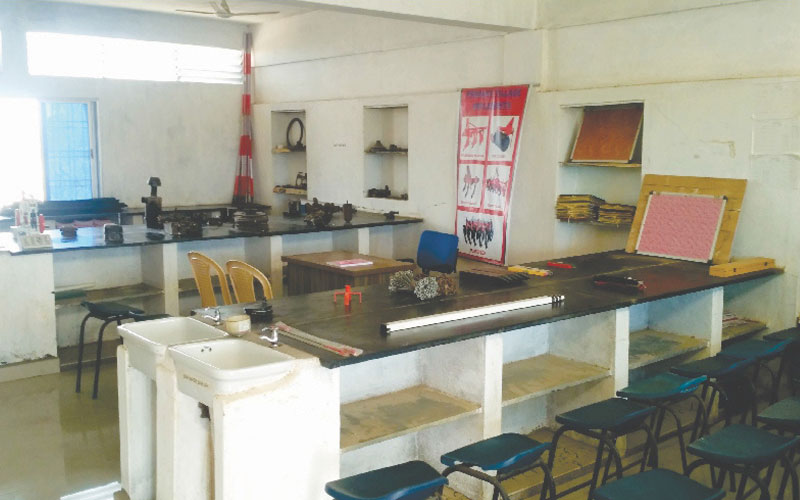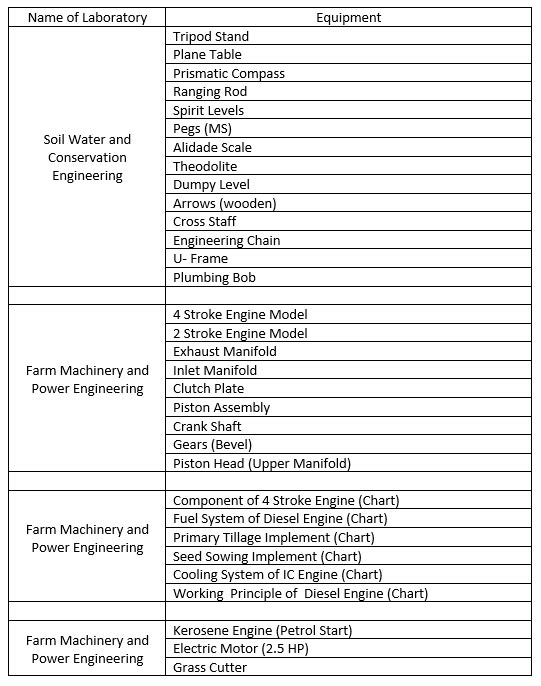Agriculture engineering includes Farm management, making and implementing of the decisions involved in organizing and operating a farm for maximum production and profit. Farm management draws on agricultural economics for information on prices, markets, agricultural policy, and economic institutions such as leasing and credit. It also draws on plant and animal sciences for information on soils, seed, and fertilizer, on control of weeds, insects, and disease, and on rations and breeding; on agricultural engineering for information on farm buildings, machinery, irrigation, crop drying, drainage, and erosion control systems; and on psychology and sociology for information on human behavior. Success in farming requires an awareness of where you are as well as where you are heading. Thus, the farmer needs to have clear goals and direction in order to achieve sustainable success.

While considering the nature of farm management, we have to see whether the farm management is a science or an art. Before explaining it, we should have a clear idea of the meaning of science and art. A systematized body of knowledge is science and action or application of it is art. Farm management is both pure and applied science. Because, it deals with the collection, analysis, explanation of facts and the discovery of principles. It is an applied science because the ascertainment and solution of farm problems are within its scope. The study of fanning from the point of view of art would involve a careful examination of the process and skill used by farmers in farming. Thus, the farm management is both a science and art.
This laboratory is used for research in following areas:
